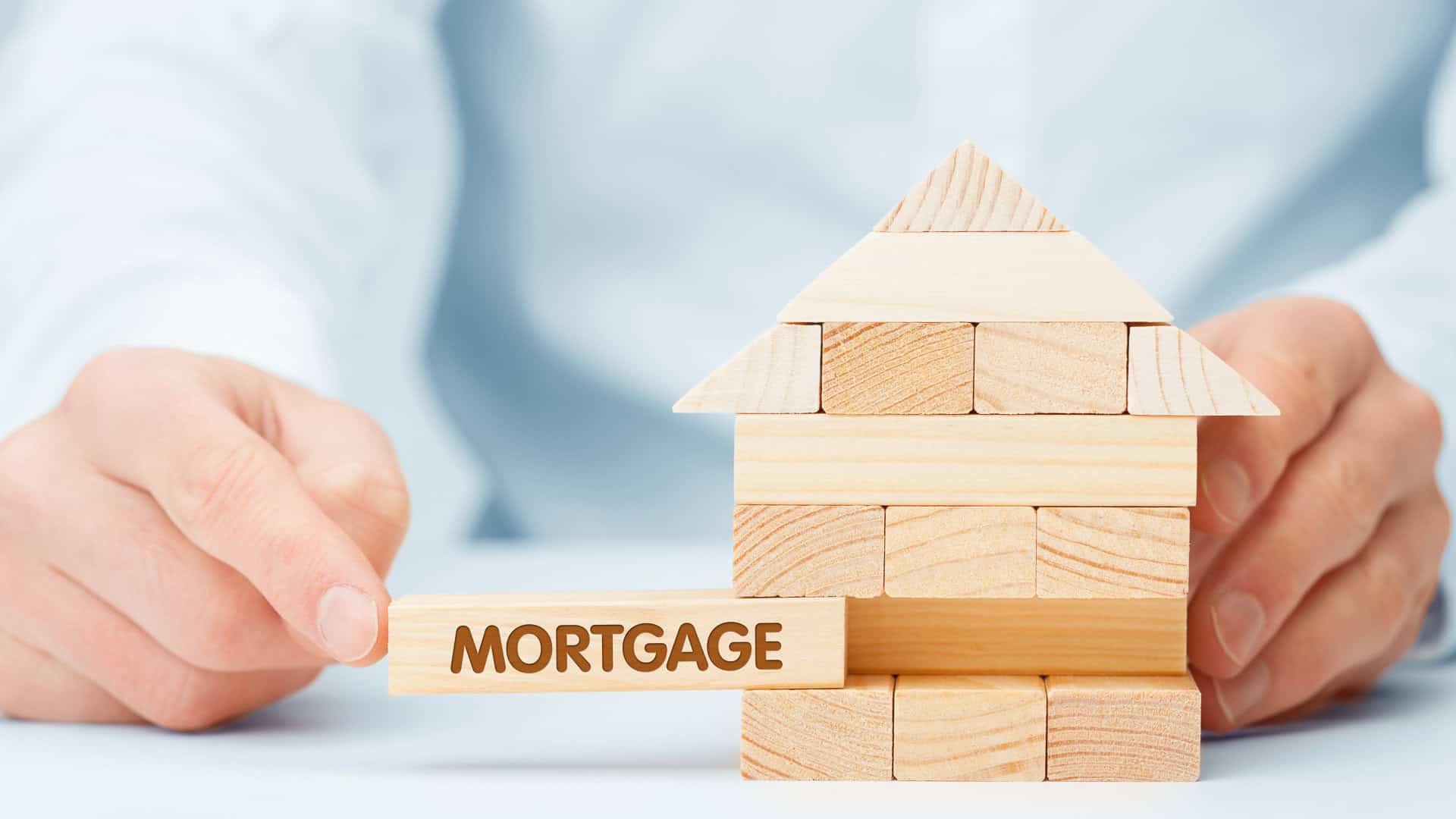
There are plenty of arguments for and against paying off your mortgage early.
One of the big arguments that favors investing over paying down your mortgage is that you can expect a higher return from investing in the stock market, compared to the interest rate on your loan. But that’s not always the case. Anyone who invested in the stock market during the late ’90s or early 2000s lost money on their initial investments over the following 10 years.
But even in cases where the stock market’s average annual return lags your mortgage rate while you rapidly pay down your debt, you might still end up ahead in the long run if, instead, you invest while paying off your mortgage slowly. Because periods of poor returns are often followed by periods of better-than-average returns, those choosing to invest over paying down their mortgage see a greater benefit from those bigger returns by already having a significant amount invested in the market.
This is called the sequence-of-returns risk. While the sequence of returns is often considered in retirement drawdown strategies, investors should also consider the sequence of returns in the accumulation phase. A good sequence of returns in the accumulation phase could mean a lot more money in your portfolio by the time you’re ready to retire. A bad sequence means you’ll have to work longer than anticipated.
What’s a good sequence of returns?
In retirement, people often fear a big drop in the stock market right after they decide to retire. People retiring in January of 2000, for example, would have had a terrible time in retirement as the stock market crashed about 30% over the next 20 months or so. Then, just as the market was getting back to even in 2007, it crashed another 50% over the next 18 months. Meanwhile, the retirees were withdrawing funds from their portfolios to live off of.
That’s a poor sequence of returns, and it’s why investors usually diversify away from stocks as they near retirement and in the first few years after retirement.
But that sequence of returns is actually not so bad for someone slowly accumulating wealth.
Someone consistently putting money into the stock market starting in 2000 hasn’t done so terribly. If you invested the same amount every month in an S&P 500 index fund from January 2000 to January 2010, you earned an average annual return of 1.6%. Meanwhile, the S&P 500 index was down 24% over the same period. How is that possible? That’s the power of dollar-cost averaging.
Of course, after consistently putting away money for 10 years, you’d have some sizable savings. And from January 2010 to today, you’d get to enjoy the 145% return of the S&P 500. If you kept investing the same amount per month through today, you’d earn an average annual return of 9.2%. While not an ideal sequence of returns, starting your investment journey at the beginning of 2000 wasn’t a death sentence by any measure.
A good sequence of returns during the accumulation phase involves lower-than-average returns early while the total balance in the portfolio is low. Then, after years of accumulation, the stock market generates returns at an above-average rate, allowing that larger sum to compound. The last 18 years are an extreme example.
How paying off your mortgage early increases your risk
If you choose to pay down your mortgage debt instead of invest, you’ll end up compressing the accumulation phase of your investment portfolio into a shorter period. The shorter your accumulation phase, the greater the risk of a poor sequence on your portfolio. And a poor sequence of returns could result in a delayed retirement.
While the average annual return of the S&P 500 over any 10-year period and any 30-year period are nearly the same, the standard deviation for 10-year returns is more than twice as much as it is for 30-year returns. In other words, the longer you invest, the more predictable the returns.

If you end up hitting a poor sequence of returns after paying off your house, there’s nothing you can do. You’ll end up delaying your retirement compared to a scenario in which you took your time paying off your house and steadily invested in the market the entire time. Of course, the opposite is also possible: You hit a good sequence, and you’re able to retire earlier. But this article is about managing the risk.
All about diversification
Putting all of your money toward paying off your mortgage early instead of investing it makes you undiversified. I’m not saying you should consider your home an investment per se, but if all your money is tied up in home equity, you’re effectively 100% invested in your house. That’s not a very well-diversified portfolio.
Ideally, you can build equity in your home and a portfolio of stocks, bonds, and other appealing asset classes all at the same time. That will help reduce the sequence-of-returns risk that’s inherent in more volatile asset classes like stocks, and enable a more predictable timeline for your journey toward retirement.

